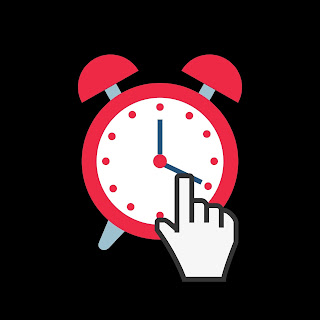AAS Committee on the Status of Women
Issue of December 18, 2020
eds: Heather Flewelling, Nicolle Zellner, Maria Patterson, Jeremy Bailey, and Alessandra Aloisi
[We hope you all are taking care of yourselves and each other. --eds.]
This week's issues:
1. Career Profile: Astronomer to STEM Inclusion and Outreach Specialist
2. Diversity Officer at STScI
3. Astrotech Summer School 2021
4. Calendar of Women Scientists Who Made Nuclear Astrophysics
5. ‘I’ve had to fight to be taken seriously’: Women With Ph.Ds Respond To Dr. Jill Biden Column
6. Better Letters: Equitable Practices for Writing, Reading, and Soliciting Letters of Recommendation
7. Nature's 10 people who helped shape science in 2020
8. Meet 5 Black researchers fighting for diversity and equity in science
9. The life-changing and long-lasting influence of Cecilia Payne-Gaposchkin
10. Job Opportunities
11. How to Submit to the AASWomen Newsletter
12. How to Subscribe or Unsubscribe to the AASWomen Newsletter
13. Access to Past Issues of the AASWomen Newsletter




